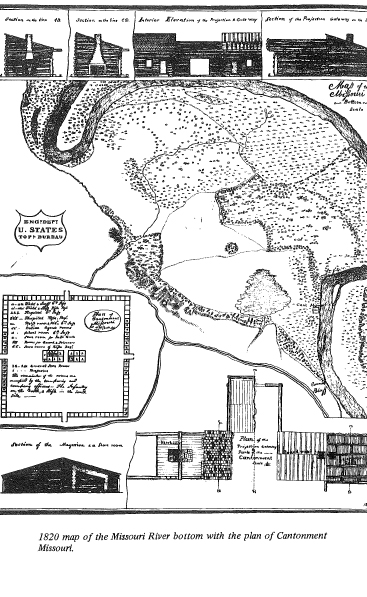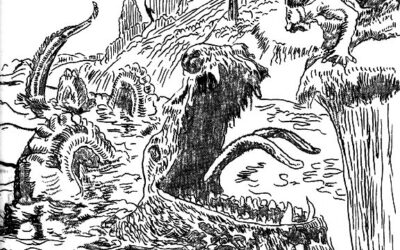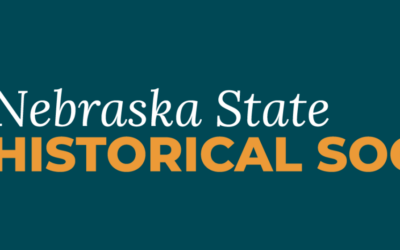For most modern Americans, the word scurvy holds little weight. To nineteenth-century Americans, however, the word conjured vivid images of misery, suffering, and death.
 For most modern Americans, the word scurvy holds little weight. We know few, if any, victims of this disease either in the news or personally. To nineteenth-century Americans, however, the word conjured vivid images of misery, suffering, and death.
For most modern Americans, the word scurvy holds little weight. We know few, if any, victims of this disease either in the news or personally. To nineteenth-century Americans, however, the word conjured vivid images of misery, suffering, and death.
Poor diet and a lack of access to proper medical facilities made scurvy a constant threat, particularly for those on the frontier. When American soldiers preceded pioneers into the wilderness, they encountered the same health problems. In fact, because they had less individual freedom of movement than civilians, soldiers sometimes endured more hardship and sickness than other Americans. Diseases such as dysentery, pneumonia, malaria, rheumatism, and scurvy could reduce individual garrisons or even entire regiments to impotence. In present Nebraska, an outbreak of scurvy among the troops at Cantonment Missouri during the winter of 1819-1820 caused the first recorded epidemic within the state.
Read more about this event in this 1968 article from Nebraska History.




